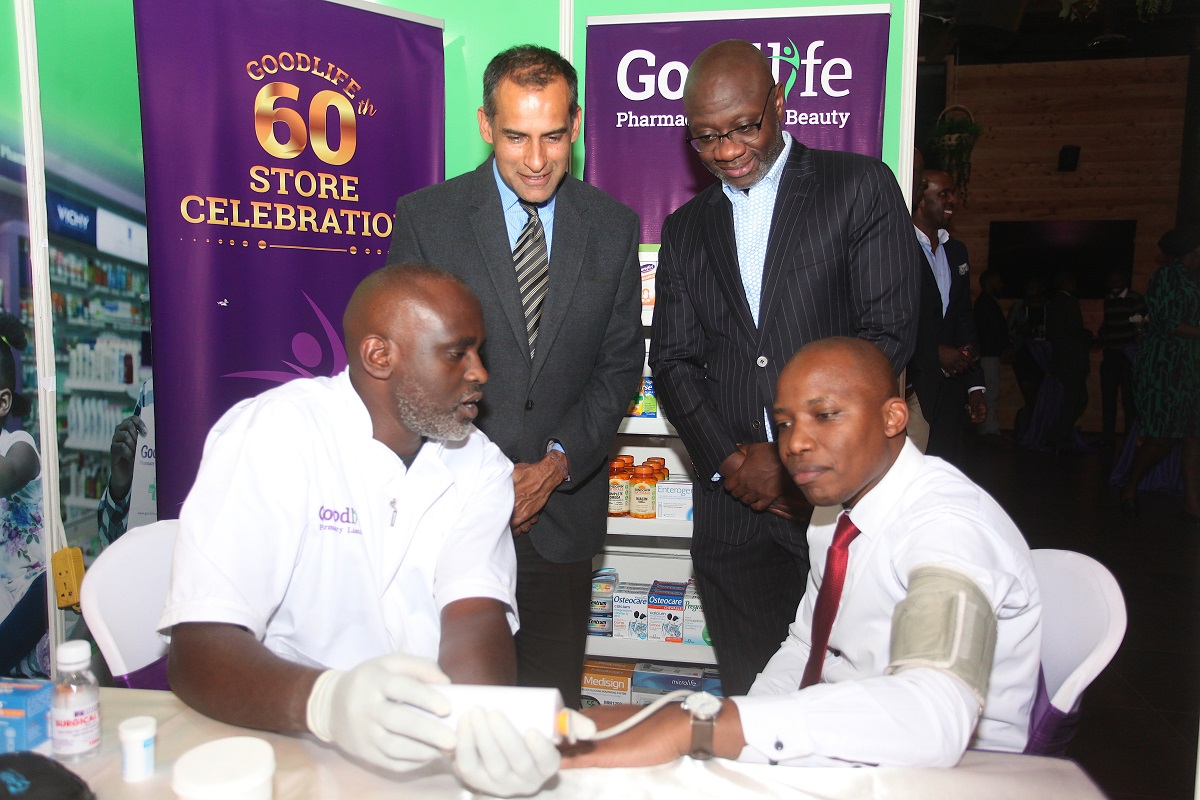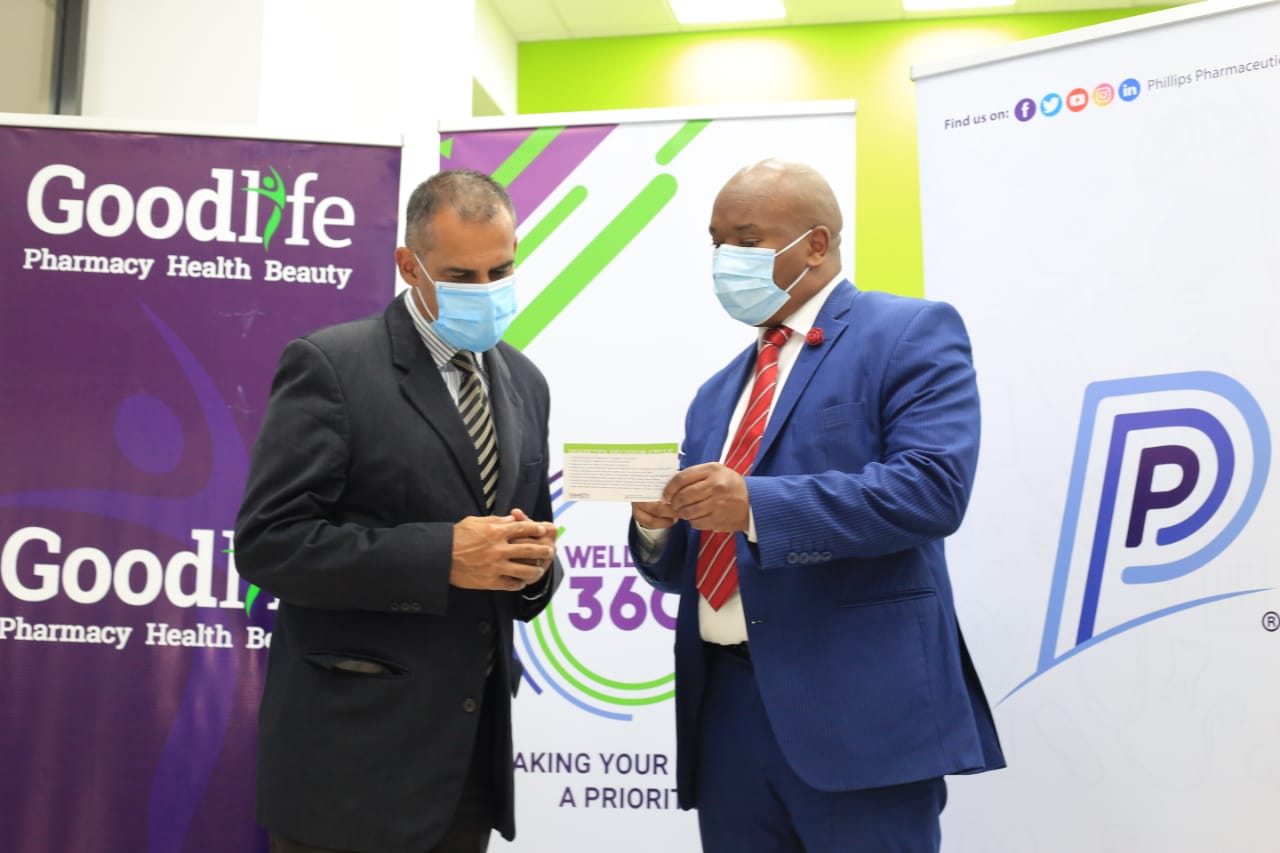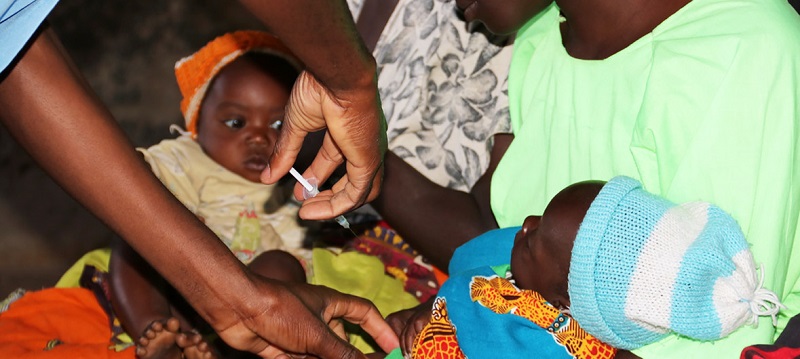Regional pharmacy chain, Goodlife Pharmacy, reached a major milestone on 3rd December by unveiling its 60th store. This is part of its strategic expansion started over three years ago when it was first acquired by private equity firm, Leapfrog Investments.
The healthcare provider, whose core business is pharmacy, beauty and personal care products, now has a presence in major towns in Kenya.
Goodlife CEO Amaan Khalfan said the chain has positioned itself as a health and wellness hub with services, including testing for blood pressure, blood glucose, malaria and vitamins, as well as other basic diagnostic procedures to meet the needs of the over 60% of Kenyans who visit pharmacies as their first point of contact.
Increase in diseases
“Pharmacies play a crucial role in access to basic healthcare,” said Mr Khalfan. “We have therefore evolved and tailored our offerings beyond the traditional over-the-counter and prescription drugs. We are helping customers address most of their healthcare needs affordably.”
Goodlife has entered into partnerships with health services providers such as Lancet, Essilor, Dial a Daktari, and payment providers such as Diaspocare and M-Tiba, among others, to enable customers to access a suite of services that would normally only be found in hospitals.
“The dramatic increase in non-communicable diseases such as diabetes, cardiovascular diseases, hypertension and cancer is a double burden on the payer and the provider, considering that infectious diseases are yet to be brought under control,” said Dr Felix Olale, Partner at Leapfrog Investments and Global Head of Healthcare Investments.
The $30 million (Ksh3 billion) that Leapfrog injected into Goodlife Pharmacy has enabled the chain to accelerate its store rollouts, broaden services and ramp up its outreach activities. Mr Khalfan said the company anticipates achieving at least 100 stores in Kenya and Uganda through a hybrid approach of acquisitions and greenfield units.
READ >> Ten Common Mistakes Most Kenyans Make
Majority of Kenyans still lack access to basic healthcare. Goodlife hopes to use additional stores to take services closer to people. “Our internal data shows that nearly 70% of our customers are in formal employment – majority of whom may have health insurance.
However, since only 20% of Kenyans have some form of health insurance, there is urgent need for the industry to bring those in self-employment into the coverage bracket,” he said.
Universal Health Coverage
Dr Olale said the government’s plan to achieve Universal Health Coverage (UHC) by 2022 presents huge investment opportunities. Development agencies project Kenya’s public health expenditure to hit $4.75 billion by in 2021 – up from $3.72 billion in 2016.
“The gaps to be filled are huge and these are opportunities,” Dr Olale said. “We, therefore, don’t share in the shrinking confidence as suggested by some analysts.”












Leave a comment